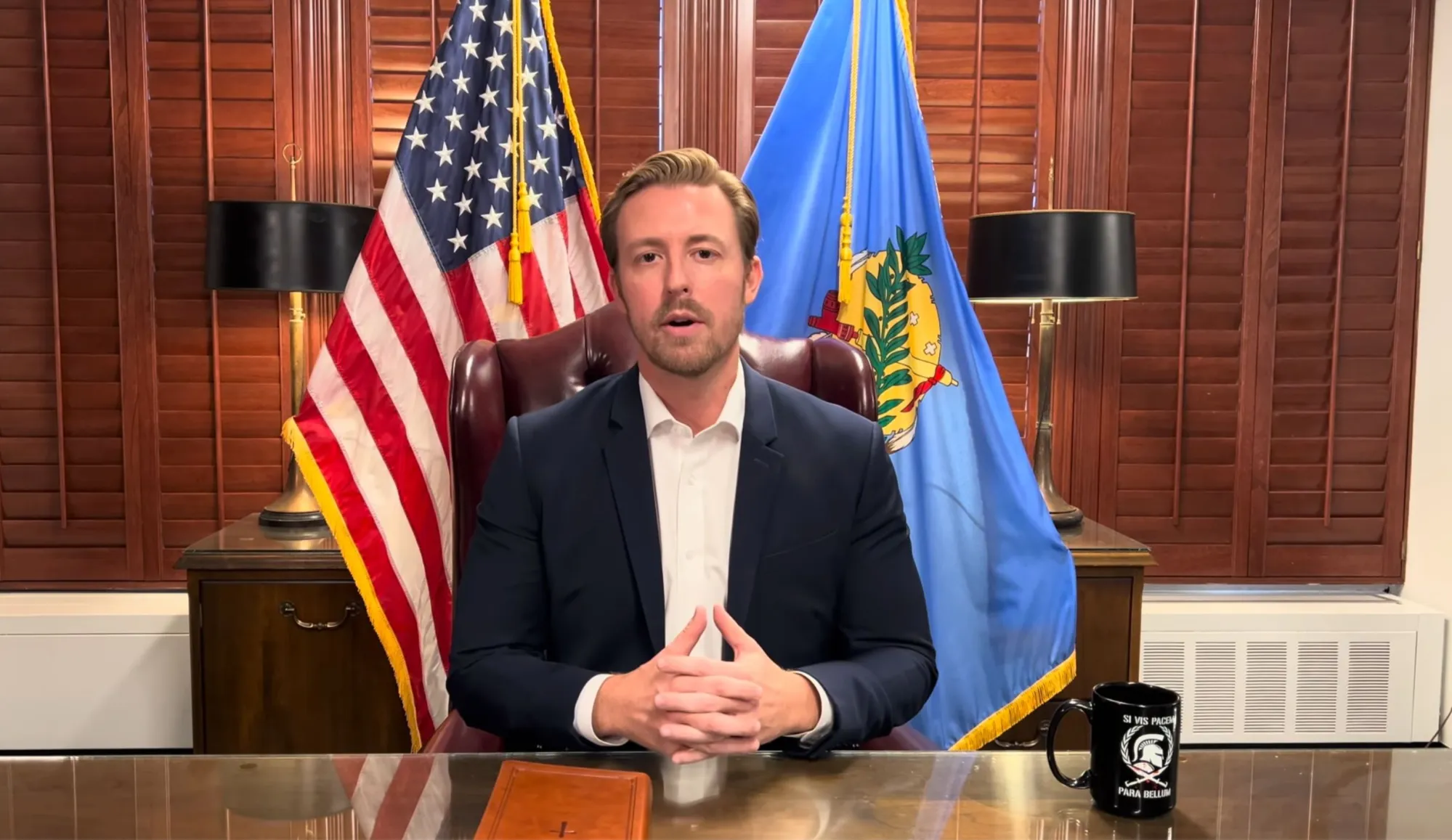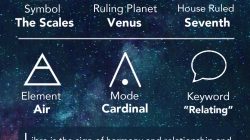Oklahoma’s New Virtual School Faces Scrutiny Despite Promotional Claims
Oklahoma State Superintendent of Public Instruction Ryan Walters has introduced a new virtual education option for families across the state: the American Virtual Academy (AVA). Positioned as a conservative alternative to traditional public schools, AVA offers a back-to-basics curriculum and a fully online K–12 platform. However, beneath its promotional materials and patriotic messaging lies a history of academic underperformance, ideological controversy, and financial concerns.
Walters has described AVA as a solution to what he sees as an education system influenced by “woke ideology.” He emphasized that the program aligns with Oklahoma parents’ desire for patriotism and American values. The superintendent also highlighted the state’s commitment to school choice, including tax credits for families seeking alternatives to traditional schooling.
AVA’s website promotes instruction rooted in “life, liberty, and the pursuit of happiness,” while explicitly rejecting Diversity, Equity, and Inclusion (DEI) initiatives, Critical Race Theory (CRT), and transgender-related content. This approach is consistent with Walters’ broader agenda, which includes implementing Bible-based curricula, promoting PragerU videos in classrooms, and challenging topics related to race, gender, and civil rights.
Academic Performance and Financial Concerns
Despite its promises, AVA is operated by Primavera Online School, an Arizona-based charter school network that has faced significant challenges in its home state. In March 2025, the Arizona State Board for Charter Schools moved to revoke Primavera’s charter due to three consecutive years of poor academic performance. According to data from the Arizona Department of Education, only 23% of students scored proficient in English Language Arts, and just 9% were proficient in math as of the 2024 school year. These results placed the school in the “D” category for overall performance, triggering intervention by the state.
In June 2025, the board voted unanimously to formally revoke the charter, affecting over 20,000 enrolled students. Critics have pointed to the school’s financial practices, including reports that founder Damian Creamer earned $8.8 million in compensation in a single year. Additionally, the organization reportedly held a $36 million investment portfolio, raising concerns about whether funding intended for student instruction was diverted to administrative salaries and private interests.
Primavera and its private partner, American Virtual Academy, have expanded into multiple states and now market their services nationwide. The school offers over 200 online courses and advertises flexible enrollment options for full-time, part-time, and credit recovery students.
Religious Mandates and Legal Challenges
For Oklahoma families, the rollout of AVA under Walters’ leadership raises additional questions. Walters has faced criticism over his leadership of the State Department of Education, including allegations of financial mismanagement, strained relationships with local school districts, and lawsuits over the implementation of religious content in public schools. A recent federal lawsuit challenges the legality of mandated Bible instruction and other religious elements Walters has introduced into state education standards.
In addition to his support for AVA, Walters spearheaded the adoption of new social studies standards that require students to study “discrepancies” in the 2020 presidential election. These standards remove or minimize references to recent civil rights events such as the death of George Floyd and the Black Lives Matter movement. Parents and educators have expressed concern about the politicization of the curriculum and the lack of clarity regarding opt-out policies for families who disagree with the content.
The ACLU, Americans United for Separation of Church and State, and other civil liberties organizations have filed multiple lawsuits against Walters and the Oklahoma Department of Education, arguing that his policies violate the Establishment Clause of the First Amendment.
Ongoing Questions About AVA’s Impact
Despite these concerns, Walters continues to promote AVA as a viable choice for parents seeking alternatives to public education. He emphasizes the importance of promoting “American values” in schools and giving families more control over their children’s education.
As AVA seeks to expand its footprint in Oklahoma, advocates are urging families to closely examine the program’s track record. Key concerns include persistent academic underperformance in its home state, limited transparency in financial operations, and a curriculum that may reflect a narrow ideological perspective.
AVA is currently enrolling students in Oklahoma, with promotional materials highlighting scholarships and flexible scheduling. The program may appeal to families with non-traditional needs, such as student-athletes or those seeking religious instruction. It remains unclear whether AVA’s implementation in Oklahoma will improve outcomes or deepen divisions within the state’s education system.
As the debate over the future of public education intensifies, AVA’s success or failure in Oklahoma could serve as a case study in the risks and rewards of outsourcing state-supported education to ideologically-driven virtual platforms.







